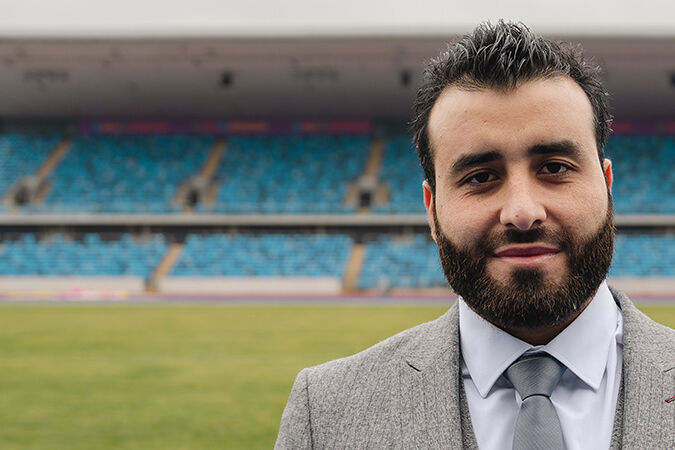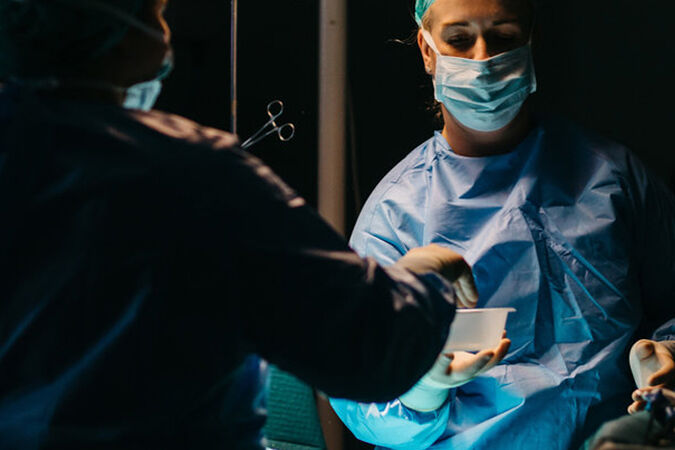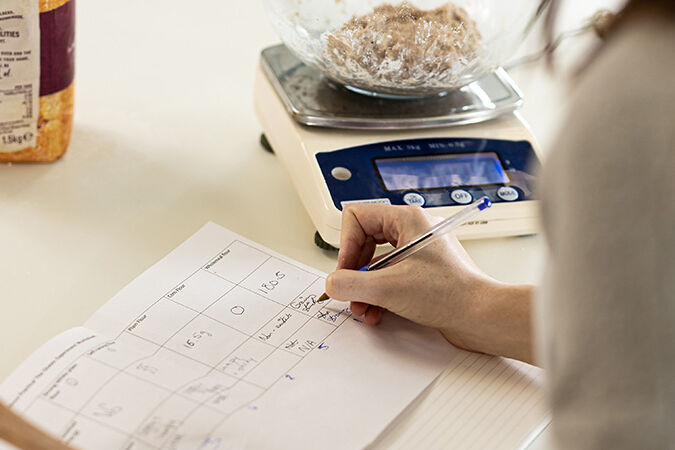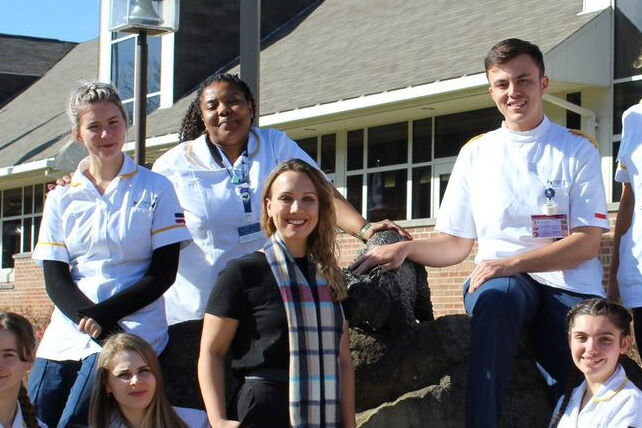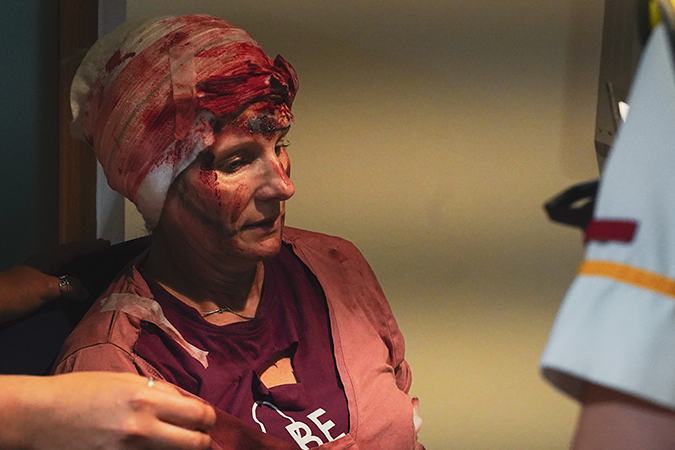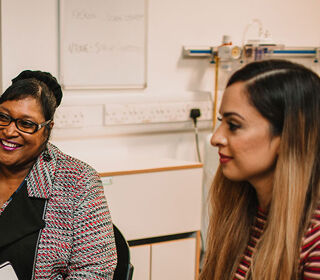
Blog

As it's National Braille Week (5th-11th October) we thought we’d take a look at our Rehabilitation Work (Visual Impairment) course, and explore how our students become qualified, trained professionals ready to help those who are blind or partially sighted.
Here’s five things you should know about the profession and the course:
1. What do Rehabilitation Workers do?
A Rehabilitation Worker (Visual Impairment) is a specialist practitioner whose role is to enable a person who has a visual impairment to adjust to living with sight loss. This involves offering emotional support and teaching day to day skills to help their clients to become as independent as possible.
2. Who is the course for?
The Apprenticeship and FdSc courses are aimed at individuals who are already working in rehabilitation. It means you can learn alongside your work, gain CPD, and work towards a BSc degree qualification.
3. How is the course structured?
The FdSc course is a mixture of online and on campus learning, as we get students from all over the UK. The on campus elements are scheduled block learning weeks, and the learning focuses on the teaching of practical independence skills for daily living and orientation and mobility for people with a visual impairment. This includes learning about and using braille, which can be used by those with visual impairments or blindness for independence in reading and identifying objects.

4. What equipment and facilities are available?
We have a range of specialist equipment and technology available such as screen readers, synaptic tablets, iPads, Perkins brailler machine and mobility equipment. At our City South Campus, we also have specialist rehabilitation training kitchens and a simulation flat for experiential learning activities.
5. Why choose BCU?
We are one of the only programmes of its kind in the UK, and our location makes it ideal for those travelling from across the country (for the block weeks on campus). You’ll be taught by experts in the field, and have the opportunity to undertake placements to enhance your skills. We only take on a small amount of students each year, so you’ll really get to know your peers and be able to easily access the facilities that are specifically designed for you and your learning, whenever you need to. Becoming a qualified Rehabilitation Worker is such a rewarding career, and the work you’ll be doing will change lives.
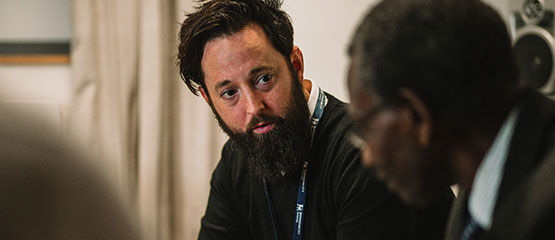
Want to find out more?
If you’d like to know more about this course, and the entry requirements you’ll need, take a look at our website or contact Peter Cooke, Senior Lecturer, and admissions tutor for the course.

